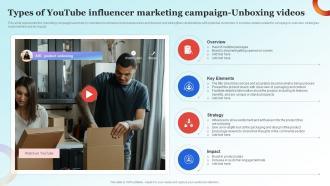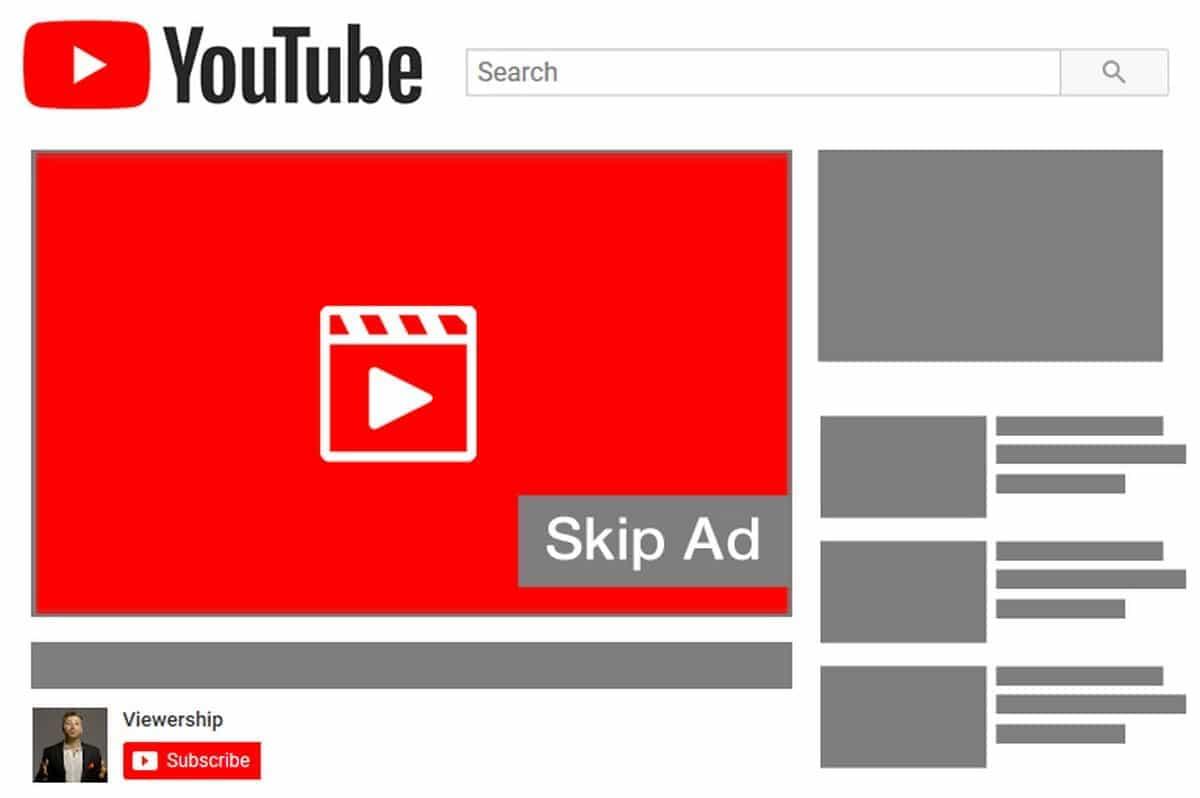
In the vast and vibrant world of digital content, YouTube influencers have emerged as the modern-day heralds of brand narratives, wielding the power to sway opinions and drive consumer behavior with just a few carefully crafted words.As this realm continues to expand, blurring the lines between creativity and commerce, the need to navigate the intricate legal landscape surrounding influencer advertising becomes paramount. From disclosure requirements to intellectual property rights,understanding the legal intricacies that govern these collaborative efforts is crucial for both creators and brands. in this article, we will unravel the complexities of YouTube influencer ads, exploring the regulatory frameworks at play, the responsibilities of participants involved, and the implications of non-compliance. Whether you’re an aspiring influencer, a seasoned marketer, or simply curious about the rules of the game, join us as we delve into the essential legal knowledge that can empower accomplished partnerships in the ever-evolving digital marketplace.
Navigating Regulatory Guidelines for Influencer Partnerships
as YouTube influencers increasingly collaborate with brands, it becomes crucial to sift through the maze of regulatory guidelines that dictate advertising practices. firstly, influencers must clearly disclose their partnerships. This transparency not only builds trust with their audience but also aligns with regulatory requirements, ensuring compliance with the Federal Trade Commission (FTC) guidelines. Key elements to consider include:
- Visibility: Disclosures shoudl be prominent, easily noticeable, and positioned near the endorsement.
- Clarity: Use simple language like “Paid partnership” or “Sponsored” to avoid ambiguity.
- Timing: Provide disclosure at the start of a video to catch viewers’ attention right away.
Another critical aspect is understanding the potential implications of false advertising claims. Brands and influencers can face significant legal consequences if they misrepresent the efficacy of a product or service. To aid in navigating this complex landscape,influencers should familiarize themselves with the following items:
| Aspect | Considerations |
|---|---|
| Content Authenticity | ensure all claims about the products or services are truthful and substantiated. |
| Audience Targeting | Be aware of different regulations in regions where your audience resides. |
| Legal Consultation | Consider professional legal advice to navigate intricate regulatory environments. |

Decoding Disclosure Requirements in YouTube Advertising
In the realm of YouTube advertising, transparency is not merely a suggestion but a legal requirement. Content creators must clearly communicate their partnerships with brands to ensure viewers understand when they are being marketed to. This can be achieved through various means, but consistent practices include the use of #ad or #sponsored tags in the video title or description. Additionally, verbal disclosures within the video itself can enhance transparency, creating a more authentic connection with the audience.
Understanding the nuances of these requirements can also help in distinguishing between different types of promotional content. Below is a speedy reference table highlighting various disclosure practices that align with regulatory guidelines:
| Disclosure Type | Description |
|---|---|
| Visual Tags | Including tags like #ad or #sponsored in titles or descriptions. |
| Verbal Disclosure | announcing sponsorship or partnership at the beginning or throughout the video. |
| End screens | Utilizing end screens to include sponsorship facts directly. |

Mitigating Risks: Best Practices for Influencers and Brands
in the dynamic world of YouTube influencer marketing, both brands and influencers face a myriad of potential risks that can arise from unclear legal guidelines and miscommunication. To effectively mitigate these risks, it is essential to establish clear contracts that define the scope of the partnership, including deliverables, timelines, and payment structures. transparency is key; brands should ensure that influencers disclose their sponsorships appropriately, adhering to Federal Trade Commission (FTC) regulations. It is also advisable to periodically review these contracts and legal obligations to stay ahead of any changes in laws or guidelines that may impact promotional activities.
Additionally, influencers should conduct due diligence on the brands they choose to collaborate with.This includes assessing the brand’s reputation, understanding its target audience, and ensuring alignment with personal values and ethics. Best practices for influencers and brands may include:
- Regular dialogue throughout the campaign to prevent misunderstandings.
- Utilizing legal counsel to review partnership agreements.
- Implementing internal guidelines for content creation that adhere to legal standards.
Establishing a strong foundation based on mutual respect and professionalism can not only enhance the partnership but also serve as a powerful shield against potential legal consequences.

The Role of Intellectual Property in Influencer Marketing Strategies
In the dynamic world of influencer marketing, understanding the impact of intellectual property (IP) is essential for both brands and content creators. Protecting original content, whether it be videos, images, or music, is vital to maintaining ownership and ensuring fair compensation. influencers must be aware of copyright laws that guard against unauthorized use of their work, as well as trademark implications when it comes to brand mentions and endorsements. By securing rights to their content and respecting the intellectual property of others, influencers can cultivate a trustworthy online presence and foster fruitful partnerships with brands.
Moreover, leveraging IP effectively can create a competitive advantage in a saturated market. brands should consider the following strategies to integrate IP into their influencer marketing campaigns:
- Collaborative Agreements: Establish formal agreements that outline the usage rights of any shared content.
- Licensing Deals: Engage influencers in licensing their content for a predetermined period,adding legitimacy to the partnership.
- Brand Protection Strategies: Register trademarks for brand names or logos that influencers frequently use to prevent imitation.
By prioritizing intellectual property management, both parties can enhance their brand identity and maximize the effectiveness of their marketing efforts.
Closing Remarks
As we navigate the increasingly intricate world of digital marketing, understanding the legal landscape surrounding YouTube influencer ads has never been more crucial.With regulations evolving and consumer expectations shifting, both creators and brands must remain vigilant to maintain integrity and trust in their relationships with audiences. By familiarizing yourself with the guidelines, staying informed about changes, and prioritizing transparency in your advertising practices, you can not only comply with legal requirements but also foster a more authentic connection with your viewers. In this rapidly changing terrain, knowledge is your best ally.As you embark on your journey as a content creator or brand partner, remember: the clearer the path you carve in understanding these regulations, the more authentic and rewarding your digital presence will be.